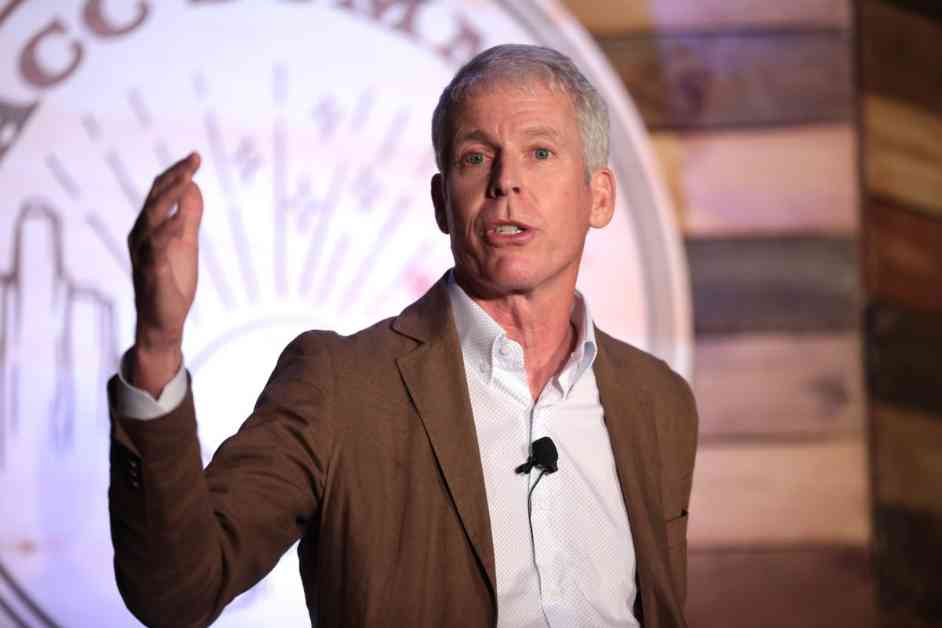President-elect Donald Trump’s nomination of Chris Wright, the CEO of fracking services company Liberty Energy, as Energy secretary has stirred controversy and sparked concerns about the potential impact on renewable development in the U.S. Wright, a staunch advocate for fossil fuels, is expected to prioritize boosting American exports of liquefied natural gas (LNG) if confirmed for the position.
Wright’s nomination has been met with mixed reactions, with oil and gas industry executives praising his selection while environmentalists express fears about his stance on climate change and fossil fuel expansion. Critics argue that approving more LNG exports could exacerbate global temperature rise and hinder efforts to combat climate change.
Despite the limited regulatory authority of the Department of Energy over fossil fuels, Wright would play a crucial role in approving or denying LNG export permits, which could have far-reaching consequences for the environment and energy policy. Some controversial LNG projects, such as the CP2 project in Louisiana and Alaska’s $43 billion LNG project, could potentially receive approval under Wright’s leadership.
Wright’s track record as a proponent of fracking technology and fossil fuel production has raised concerns among environmental advocates, who view his nomination as a setback for renewable energy and climate action. His dismissive stance on climate change and skepticism towards net-zero emissions goals have further fueled apprehensions about the future of U.S. energy policy under the Trump administration.
While Wright’s nomination signals a shift towards prioritizing fossil fuel interests, the Biden administration has taken a contrasting approach by championing clean energy solutions and committing to ambitious climate targets. President Joe Biden’s pledge to eliminate greenhouse gas emissions in the power sector by 2035 reflects a stark contrast to the pro-fossil fuel agenda promoted by Trump’s energy picks.
As the debate over energy policy and climate action continues to unfold, stakeholders across the political spectrum are closely monitoring the implications of Trump’s appointments on the future of U.S. energy dominance and environmental sustainability. The clash between competing visions for America’s energy future underscores the urgency of addressing climate change and transitioning towards a cleaner, more sustainable energy system.
In this evolving landscape of energy politics and environmental policy, the role of key decision-makers like Chris Wright will shape the trajectory of U.S. energy policy and influence the nation’s stance on climate change. As debates over LNG exports, fossil fuel production, and renewable energy intensify, the need for informed, science-based decision-making becomes increasingly imperative to navigate the complex challenges posed by climate change and energy transition.










